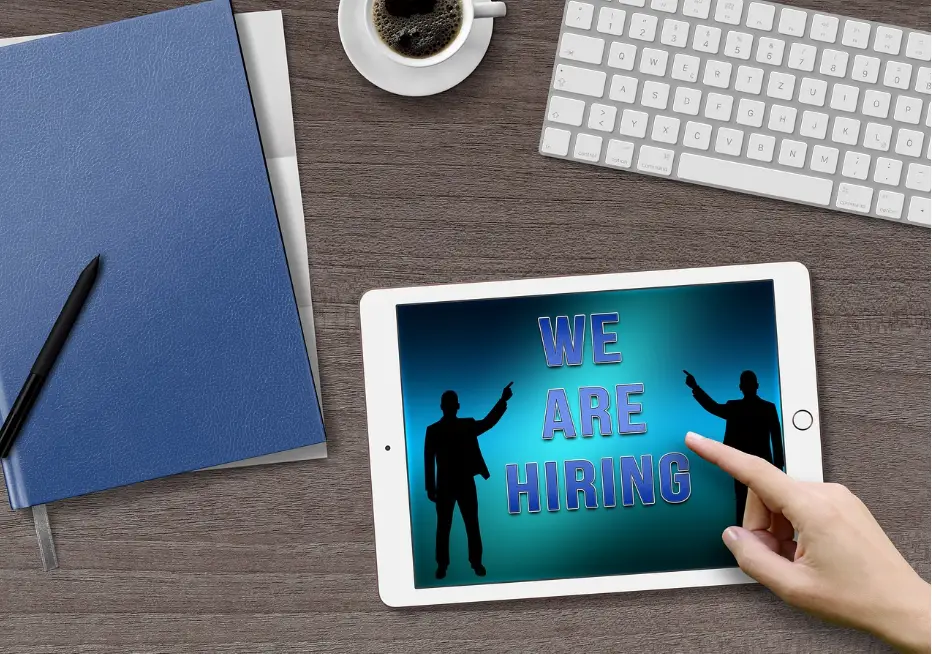
Employees are often viewed as a company’s most important asset which is why human resource (HR) departments are such a vital component of any organization. Yet, many businesses have not given deserved importance to HR departments when they are looking at improving company processes via technology.
Transforming and innovating human resource (HR) processes through technology can elevate the HR department from an unwieldy bureaucracy to a key cog in driving the business. It can make HR an advisory partner and service provider in a way that revolutionizes the relationship between employers and their workforce.
The following are some of the ways technology can make HR units more effective.
-
Big Data
Big data is often discussed in the context of companies trying to better understand the mass market by collecting and analyzing billions of data points generated by potential customers. However, big data is becoming an increasingly important factor in human resource management.
That’s especially so for the world’s largest enterprises whose employees number the tens or hundreds of thousands. An ability to capture all data generated by workers can give HR teams useful insights that can enhance organization agility, speed and efficiency. HR departments can observe trends in employee behavior in order to improve future planning and decision-making.
-
Wearable Tech
As smartphone penetration nears saturation, the next big hardware trend is the Internet of Things (IoT) with wearable devices at the heart of it. Global tech giants such as Apple, Microsoft and Google, as well as more niche hardware manufacturers in the healthcare industry, have introduced a wide range of wearable technology.
Wearable tech is increasingly making inroads into the HR space. It ensures workers are in constant touch with their managers irrespective of their location. With this comes greater automation, improved time management, higher productivity and better security.
-
Cloud Applications
Whether it’s for a mobile app or a web application, cloud infrastructure is fast becoming the norm in the average enterprise’s technology architecture. SaaS and IaaS can deliver substantial advantages for every facet of the business including its HR processes. The centralization of data and ease of analysis is especially useful.
Think about a cloud-based schedule maker like Humanity where both line managers and HR staff can keep track of shifts and employee remuneration. Data centralization via the cloud helps streamline HR workflows and minimize bottlenecks.
-
Mobile Apps
The world is going mobile. Smartphones have now overtaken laptops and desktops as the principal device used to access the internet. HR units have little choice but to embrace this rapid advancement of mobile devices.
As workers across the organization access an increasing number of services and applications through smartphones and tablets, enterprises will have to adapt their HR systems accordingly. Specifically, HR systems have to be redesigned and in certain cases, redeveloped with mobility as a key requirement.
-
Social Media
Social media is often seen as an enemy of employee productivity. Companies will go to great lengths to prevent their workers from accessing social media during work hours. In a different context though, social media is actually a useful tool for HR.
Businesses can leverage social networking sites like LinkedIn and Facebook to enhance their recruitment process. Companies can share their stories via articles, photos and videos in a way that attracts great talent. Potential candidates can also use social media to request for more information on a vacancy.
-
Bring Your Own Device (BYOD)
The BYOD principle isn’t really new. However, it was considered a fringe concept that most organizations frowned upon for security reasons. This is changing as HR departments recognize the benefits of passing on the cost of device acquisition to employees.
With the emergence of cloud computing, there’s no longer need for data to be stored on an end user’s device. This has reduced the risk of massive data loss from rogue employees.
These are some of the ways technology will revitalize how HR managers and teams engage with their employees.










